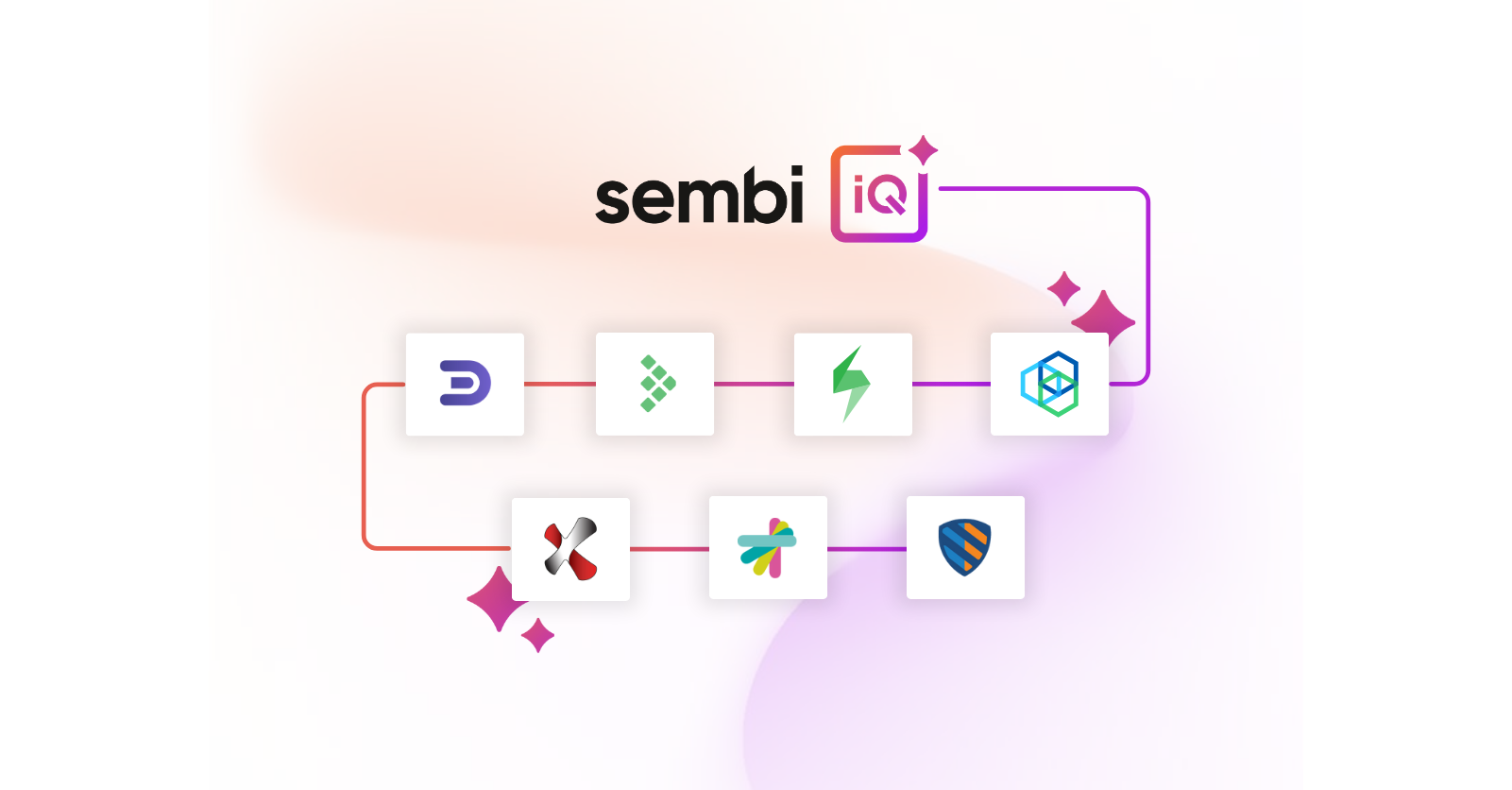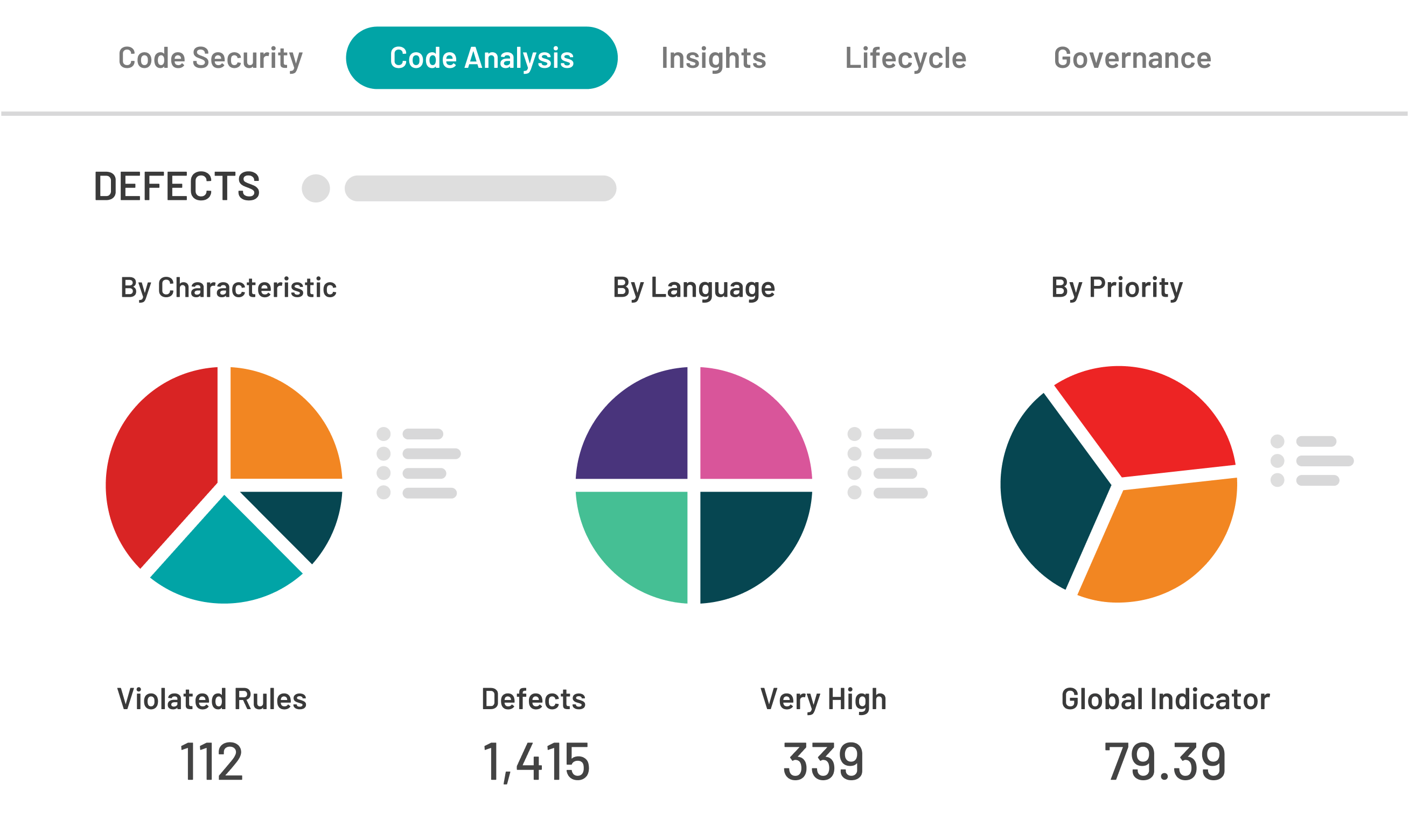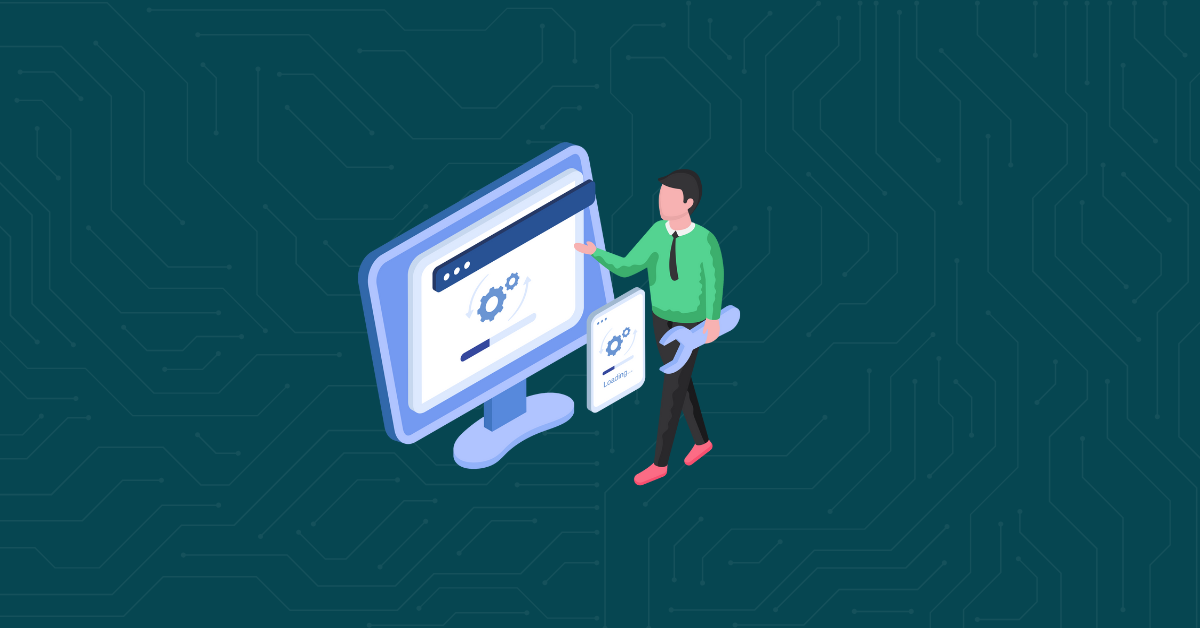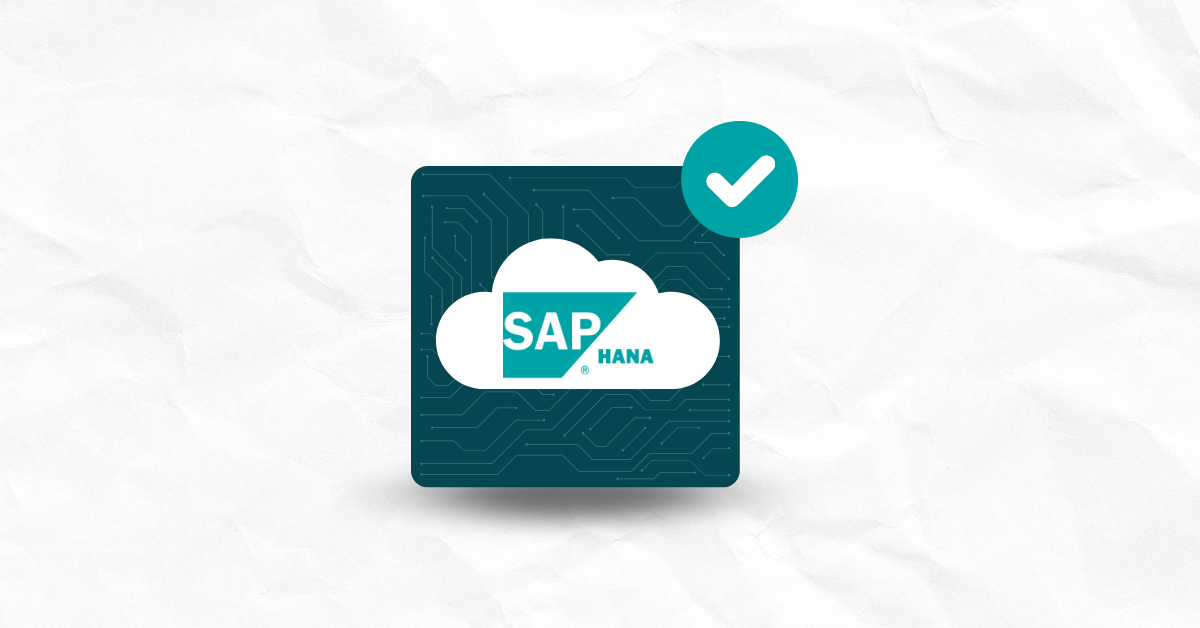

The Open Source Initiative (OSI) was the product of a conference of software developers in 1998 in Palo Alto, California. OSI has been established as a global non-profit organization that encourages, promotes, and protects open source software development and communities that create it. Open source software is computer applications whose source code is open for modification and improvement by any software developer who wishes to contribute. The only proviso is that the software remain open. No contributor can own the software or close it to make it proprietary.
In order to change or add to an application, a developer must be able to open the source code, that is the original programming so that lines and values can be changed or additional lines of code can be added. Although it is often possible to break into the code of software, even if it is not open source, it would be illegal to do so when the software is proprietary (owned by a particular company or individual).
Even if software code is owned by one’s own employer, the penalties for breaking into the source code can be stiff. Such practices come under theft of trade secrets. Last year an engineer who attempted to steal proprietary code was arrested by the FBI and charged with piracy. The maximum criminal penalty for this theft is 10 years in prison.
Even breaking into the source code of proprietary software to bypass payment for licenses is considered piracy. Trade associations spend considerable resources doing software audits to look for instances of software piracy or illegal use of proprietary software.
Freeware is just software that is available without cost. “Free” simply means without cost. It does not refer to freedom of use in any way. This source code for freeware software is entirely closed, Freeware usually refers to software that is used as a public extension of a larger proprietary program, such as Adobe Reader, or as a public service like Skype. Sometimes game developers release older versions of games as Freeware but keep the source code completely under wraps.
Free software goes further than freeware. The Free Software Foundation was established in 1980 (at the very beginning of the microcomputer industry) to advocate for freeware or free software. The policy of the foundation was that freeware licenses must offer “four essential freedoms,” still within the definition of proprietary software.
The foundation began using the term “copyleft” to refer to variations on the idea of exclusivity of licensing. They created the General Public License (GPL), a copyleft license that permits developers to qualify as their product as free software.
Open Source software is sometimes the same as free software and sometimes it is different. Open source software makes the source code openly available to all. The licensing specifies that the software can be modified to make it work better. However, if you modify open source software you have to comply with specific copyleftlicensing requirements. There are three major variations on the GPL.
Variations on the open source code license have multiplied in the open source field. There are at least 10 variations ranging from the GNU General Public License to the wide open Berkeley Software Distribution License (the “new BSD”).
Not all open source software is freeware. Users of some open source programs have to pay for use of the programs or ancillary services required to make full use of the systems.
Software developers are an independent and creative lot. They are doing what they love. Most of those who work on open source projects do it without pay as a sideline. It is indeed hard to imagine that many widely used business and social applications have been created incrementally by hundreds, thousands, even millions of innovative software developers over the world. Software developers contribute to open source projects, often just because they believe in the notion.
A recent survey of programmers found that the average software developer spends seven hours a week working on side projects and open source software, outside of their normal working hours. Matthew Garrett, a core operating system developer described the value of free software in a blog.
“Without free software, I’d have started years later,…lost the opportunity to collaborate with people spread over the entire world.”
Many open source projects start because developers feel there is a better way to do things. These developers usually come from universities as well as technology companies. Linux, one of the most famous open source projects, is the operating system now used in data centers all over the world. It got started in 1991 when developer Linus Torvalds decided to write an operating system “just for fun.” The bigger open source projects attract huge, active, and passionate communities working on the projects. They say, “you just put it out there” and people grab it.
Red Hat now commercializes open source software like Linux. They sell the open source program. The Apache Software Foundation is a nonprofit organization that handles a number of large-scale software products like Open Office (now at version 4). They ask for donations from users.
The open source communities look after the software to assure that they grow in a planned way and that new code meets the overall goal of the project. These overseeing communities are typical of online governance. They are open to debate and controlled by no one person or organization.


